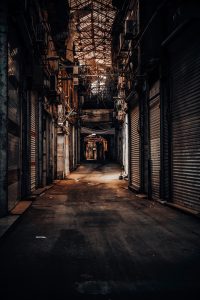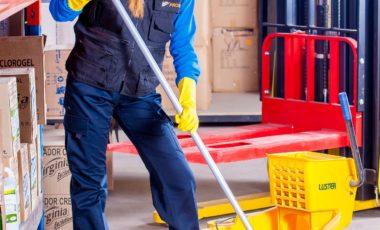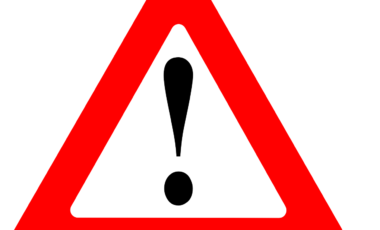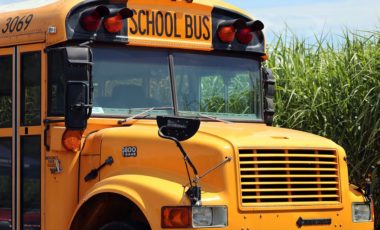
Defining Premises Liability
Did you slip and fall in a grocery store, a public sidewalk, or at your workplace? Did you fall on black ice in front of your apartment building? You are likely entitled to damages based on the extent of your injuries and the location of the incident. Location matters because of the legal doctrine called premises liability. Premises liability means that the property owner, and sometimes the building manager or contractor, owes a duty of care to people that come onto the property. If you can prove that a property owner breached this duty and caused your injuries, then you may be entitled to damages. If you were recently injured on another person’s property, the Rocky Mountain Personal Injury Center can assist with your case and help you to obtain the compensation you deserve.
Classifying the Duty Owed
The duty owed by the premises owner to the plaintiff is dependent upon the plaintiff’s status. There are three ways to classify a person present on another person’s property — invitee, licensee, and trespasser.
- An invitee is defined as a person on the property for a business related purpose, like a meeting or doctor’s appointment; the premises owner has the strongest level of duty owed to an invitee. For invitees, a premises owner has a duty to use reasonable care to keep the premises safe. For business invitees, because an invitation was extended to them by either the premises owner, manager, lessee, or landlord, the highest duty of care is owed to them, as well.
- Licensees are defined as social guest invitees. They may have been invited informally, or the business is open to the public and they are frequenting the establishment. A shopper in a grocery store or mall would be classified as a licensee or social guest invitee. For licensees, the owner owes no duty except to refrain from willfully and wantonly injuring the person.
- Property owners owe no duty to trespassers, except for a duty to warn about potential dangers like an attractive nuisance.
Five Duties of Property Owners
Generally speaking, courts have found that premises owners have five general duties to the persons present on their property. These duties have been described as follows:
- Duty to inspect
- Duty to warn
- Standard of care
- Foreseeability of harm
- Non-delegable duties
Property owners have a duty to warn even trespassers about potential areas of harm, like an open pit, a live electric wire, or a vicious dog, but usually only if the trespasser is a child. Landlords and business owners also have a basic duty to inspect the premises on a regular basis and make repairs as needed.
Non-delegable duties means that premises owners owe a duty of reasonable care to patrons, whether they be licensees or invitees, if the owner has knowledge that a patron will be present on the property. Even if a premises owner is not the franchisee, or is rarely present on the property and has hired a property manager to oversee daily maintenance, the premises owner cannot delegate out responsibility, especially concerning negligence arising from failure to uphold all duties.
Duty of Landlords and Residential Building Owners
Landlords have a duty to keep common areas safe and free of hazards. If a landlord has notice of a dangerous condition on their premises, it is the landlord’s duty to either remove or correct the dangerous condition, or warn all parties present on the property of the dangerous condition if repairs cannot be made. Further, if a landlord states that she will correct a condition, and does not do so, she can be held liable for injuries resulting from the uncorrected condition.
For example, theoretically a landlord is notified of a tenant of a broken or defective dryer (possibly a fire hazard), and the landlord states orally or in writing that she will assign a maintenance technician to repair or replace it. The dryer is never serviced, a fire ensues, and a tenant suffers injuries as a result. The landlord would be held liable for all injuries sustained by tenants and guests of tenants on the property.
However, if a landlord, property owner, and/or property manager is not aware of a dangerous condition, courts are very unlikely to find them liable for injuries sustained by a claimant. But, if a tenant creates the dangerous condition, the tenant can be held liable for injuries sustained by the claimant. If you slipped and fell on residential property, like the common areas of your apartment building, you may have an action against the landlord, the management company or other related parties depending on the facts of the case.
Call Rocky Mountain Personal Injury Center Today
If you were recently injured in a public place, shopping center, or in a residential area through no fault of your own, you should contact our attorneys at the Rocky Mountain Personal Injury Center as soon as possible. We serve communities in Utah, Idaho and Wyoming, and our attorneys are experienced in all areas of personal injury, including negligence cases arising from premises liability. If you are suffering, you should not hesitate to contact us. One chance event can cause years of injuries, medical bills and pain, and you deserve to be compensated for your loss. Contact the Rocky Mountain Personal Injury Center for a consultation to discuss your case and potential options for resolution.




